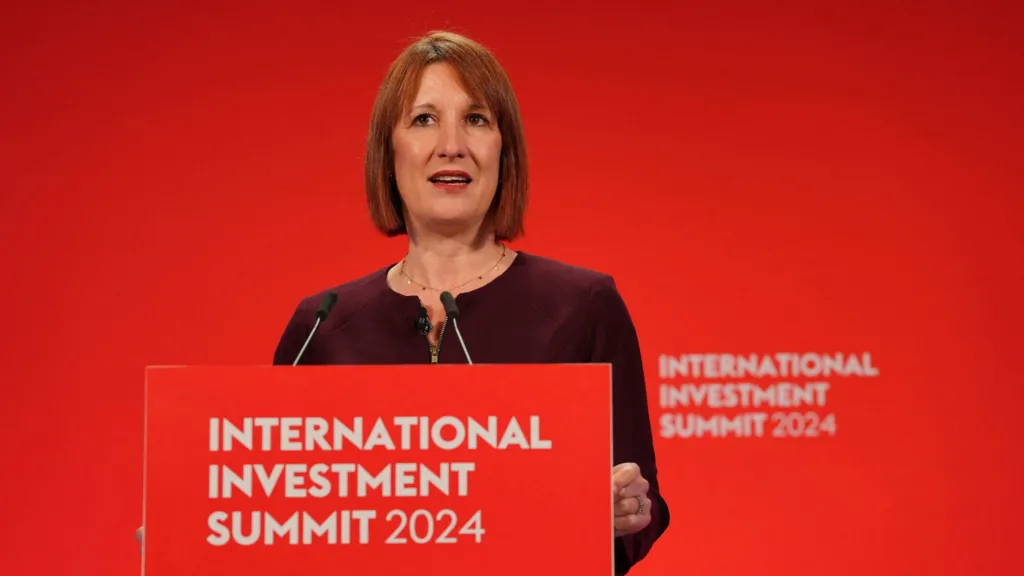Unveiling the Enigma of National Insurance: Contributions and Implications

Ecopathmatting.com May your day be bright and beautiful. Now I want to share tips about the useful Business. Articles Containing Business Unveiling the Enigma of National Insurance Contributions and Implications Always follow the discussion until the end.
National Insurance Contributions: A Comprehensive Guide
National Insurance (NI) contributions are a vital part of the UK's tax system, used to fund essential benefits and the National Health Service (NHS). In recent years, NI contributions have undergone significant changes, impacting both employees and the self-employed.
Changes for the Self-Employed
For self-employed individuals, Class 4 NI contributions have been reduced from 9% to 6% on earnings between £12,570 and £50,270. Additionally, Class 2 contributions have been eliminated.
NI Rates and Thresholds
The rate of NI paid by employees and the self-employed has been cut in 2024. However, changes to tax thresholds have resulted in an overall increase in tax payments for many individuals.
Employees start paying NI when they earn more than £242 per week or have self-employed profits exceeding £12,570 per year. Higher-rate tax applies to earnings above £50,270.
Employer Contributions
Businesses currently do not pay NI on pension contributions. However, there is speculation that the upcoming Budget may introduce plans for employers to start doing so.
Income Tax
Income tax is paid on earnings from employment and self-employment. The additional rate of income tax (45%) applies to earnings above £125,140 per year.
Indirect Taxes
For lower-income households, indirect taxes, such as VAT, represent a significant portion of their tax burden. VAT is the largest single tax paid by the poorest fifth of households.
Overall Taxation
Despite the NI cuts in 2024, overall taxation in the UK remains high compared to historical rates. The Office for Budget Responsibility (OBR) estimates that the government will collect 37.1p of every pound generated in the economy in 2028-29.
That is the end of the discussion of unveiling the enigma of national insurance contributions and implications that I have presented in business Thank you for being Dear loyal readers look for positive inspiration and stay fit. Let's spread kindness by sharing this post., See you again hopefully you find other articles interesting. Thank you.












